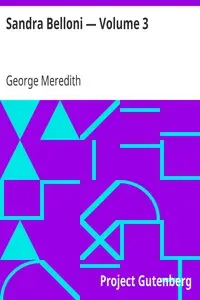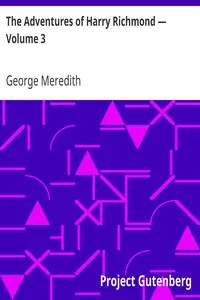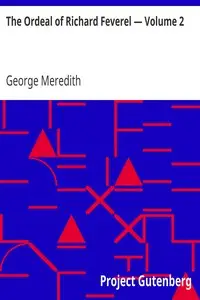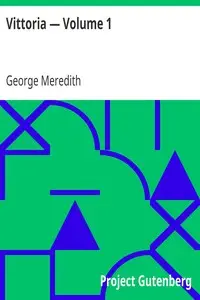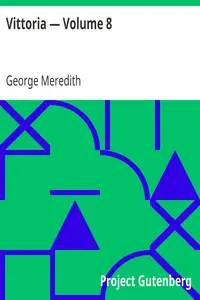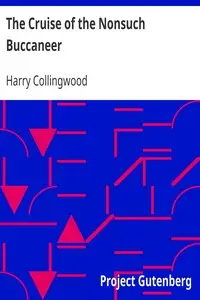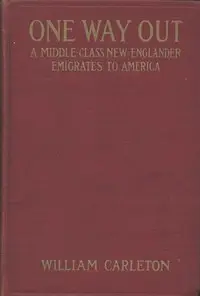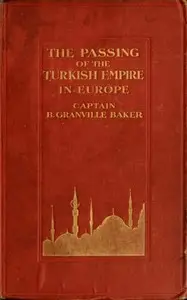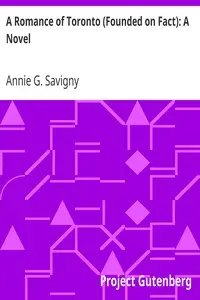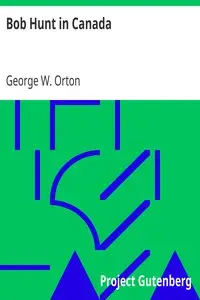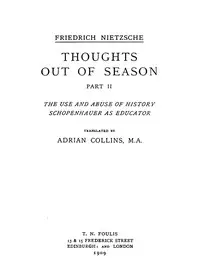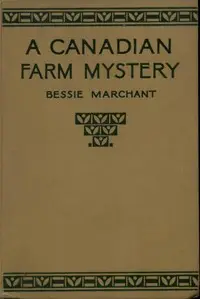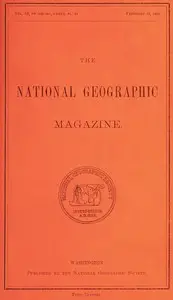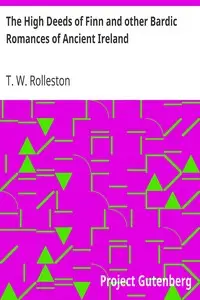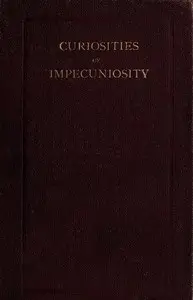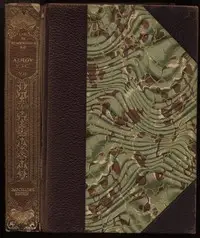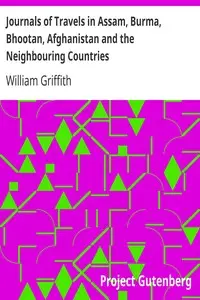"The Shaving of Shagpat; an Arabian entertainment — Volume 1" by George Meredith is a novel written in the late 19th century. The book tells the whimsical tale of Shibli Bagarag, a barber's nephew who embarks on an adventurous quest involving Shagpat, the hairiest man in the land, as well as a mysterious old woman promising great fortune. The story is infused with vivid imagery and a satirical tone that reflects on themes of ambition, identity, and the sometimes capricious nature of fate. At the start of the narrative, Shibli Bagarag finds himself in a state of despair due to his hunger and the lack of respect for his profession as a barber. An enigmatic old woman appears to him, suggesting that he can achieve greatness by shaving Shagpat, a character known for his exceptional hair that has brought him both admiration and disdain. Despite his initial reluctance and a series of humiliations, Shibli becomes increasingly determined to follow the old woman's advice, culminating in a chaotic encounter with Shagpat and the fervent pursuit that ensues. This opening sets the stage for a fantastical adventure filled with humor and lively characters, promising readers a unique experience through its rich storytelling style. (This is an automatically generated summary.)
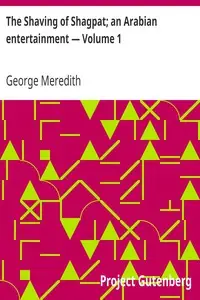
The Shaving of Shagpat; an Arabian entertainment — Volume 1
By George Meredith
"The Shaving of Shagpat; an Arabian entertainment — Volume 1" by George Meredith is a novel written in the late 19th century. The book tells the whims...
George Meredith was an English novelist and poet of the Victorian era. At first, his focus was poetry, influenced by John Keats among others, but Meredith gradually established a reputation as a novelist. The Ordeal of Richard Feverel (1859) briefly scandalised Victorian literary circles. Of his later novels, the most enduring is The Egoist (1879), though in his lifetime his greatest success was Diana of the Crossways (1885). His novels were innovative in their attention to characters' psychology, and also portrayed social change. His style, in both poetry and prose, was noted for its syntactic complexity; Oscar Wilde likened it to "chaos illumined by brilliant flashes of lightning". Meredith was an encourager of other novelists, as well as an influence on them; among those to benefit were Robert Louis Stevenson and George Gissing. Meredith was nominated for the Nobel Prize in Literature seven times.

